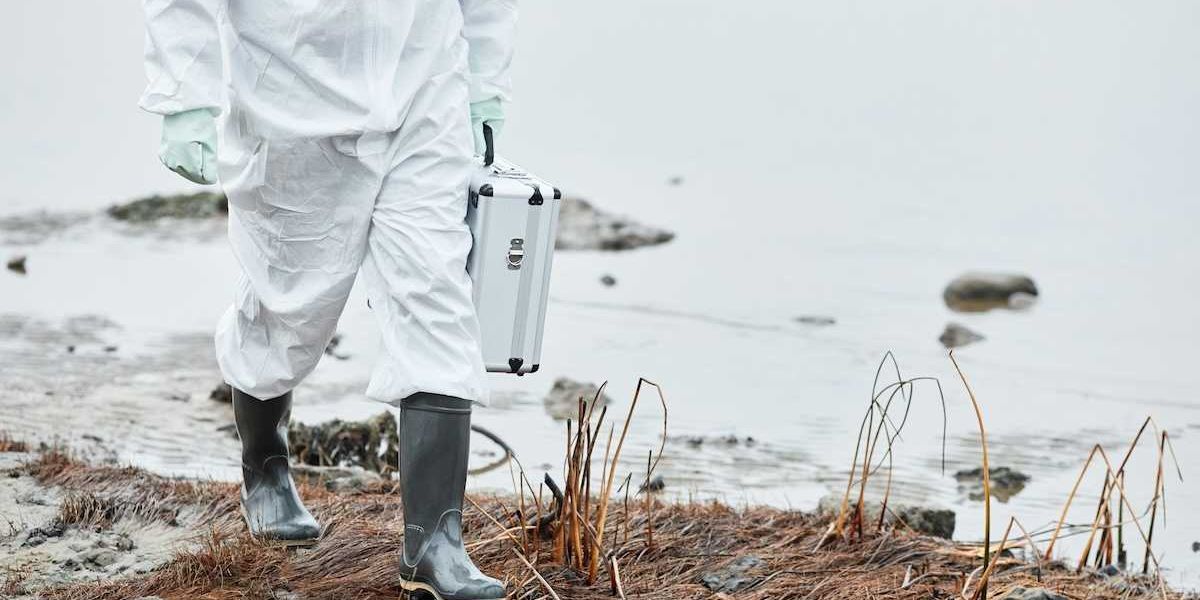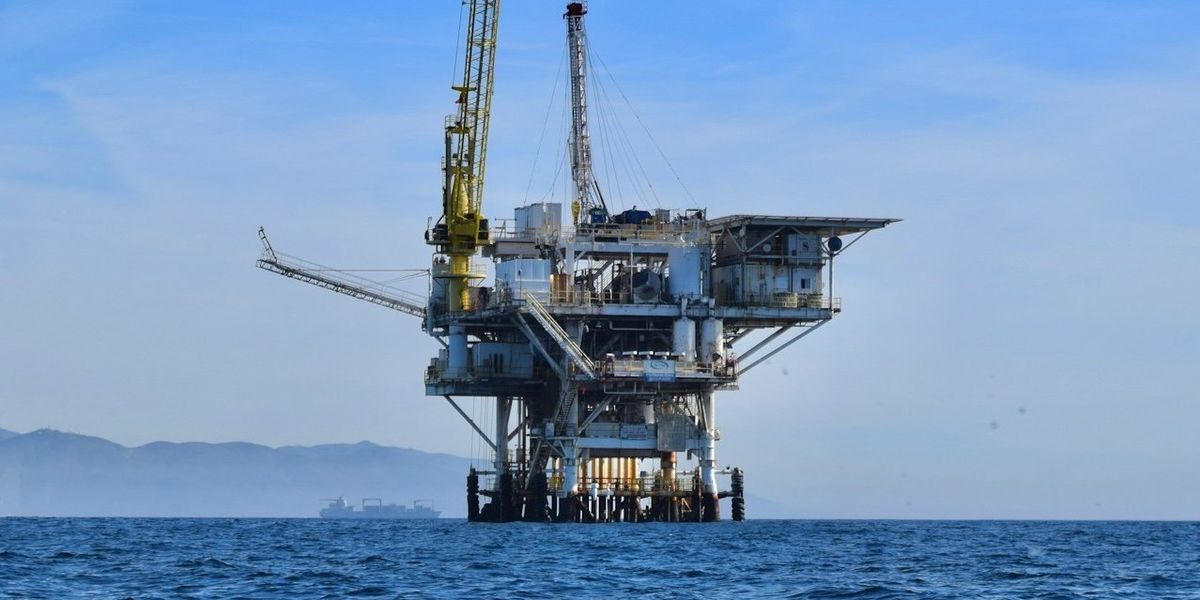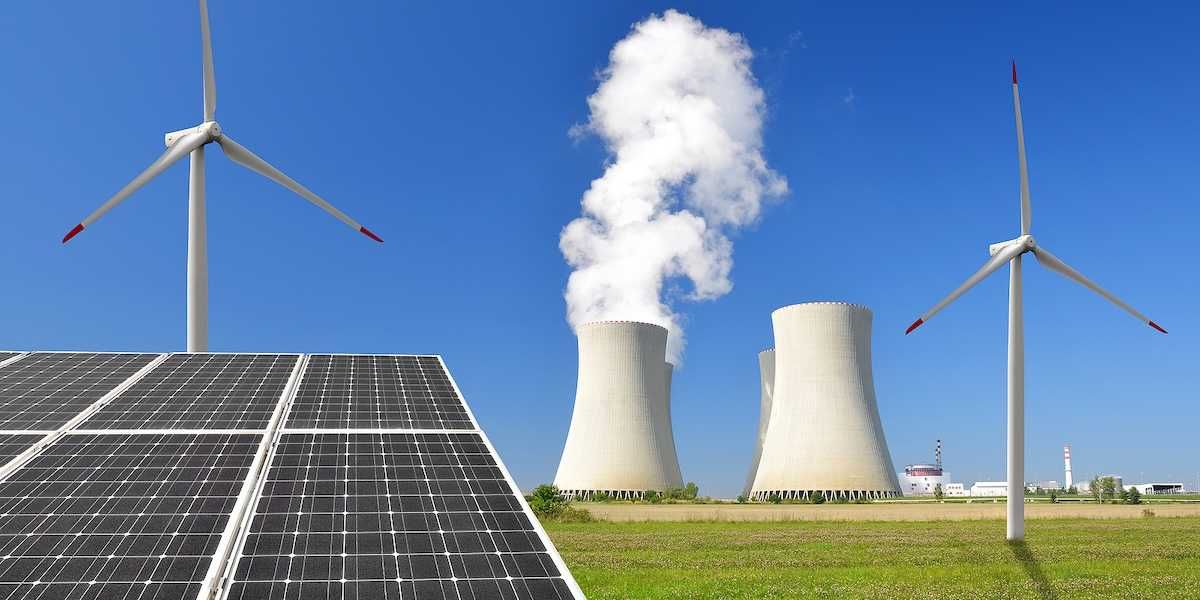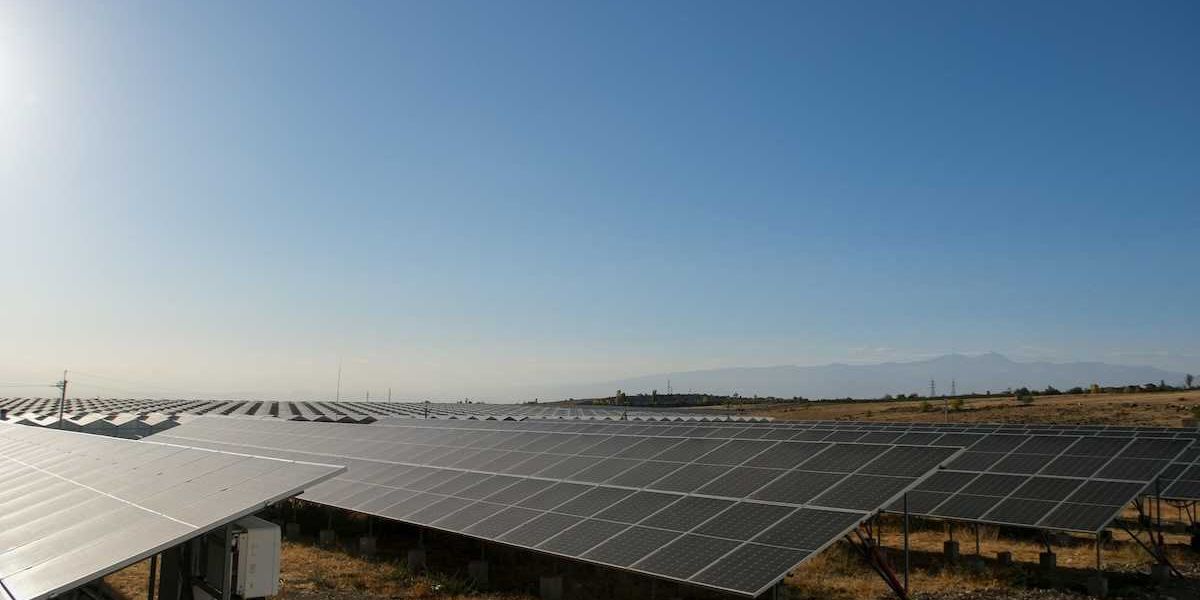
America re-discovers anti-science in its midst
Fauci, Birx, Redfield & Co. are in the middle of a political food fight. They could learn a lot from environmental scientists.
Let's start with the story of a scientist who beat back a powerful global denial movement without any help from social media or modern, sophisticated organizing campaigns.
It took Galileo 359 years to wrangle an apology out of the Vatican for his heretical belief that the Earth revolved around the sun.
I'm glad he didn't take it personally. Science denial is neither new nor purely American—but we sure are finding ways to make it lethal and lasting.
Climate scientists have been dealing with anti-science, largely unnoticed by the general public, for 20 years. Doctors face a growing wave of anti-vaccination zealots. Now a pandemic with a seven-figure global death toll and a stranglehold on the world's economy has opened the doors wide for some multi-front anti-science blowback.
Americans, many refusing to wear masks and ignoring social distancing guidelines, appear to be gathering at frat parties, raves, political rallies, nightclubs and more in defiance of what credentialed experts say are the most vital ways to restrict the spread of COVID-19.
Major sporting events, notably college football, are backing down from previously self-imposed restrictions.
And, lo and behold, positive test rates are going back up in a big way.
Past is deadly prologue
Here are a couple recent, high profile examples of anti-science fervor in the U.S.:
- Beginning with the 1998 publication of a now-retracted paper by a now de-licensed doctor, the anti-vaxx movement swept the world. Unfounded claims that MMR vaccines (to prevent measles, mumps and Rubella) can cause autism in children led to a backlash against virtually all vaccines. Today, outbreaks of these once-rare childhood diseases can be traced back to anti-vaxx strongholds.
- Tyrone Hayes, a maverick scientist studying the health impacts of the pesticide atrazine, found a more targeted and professional version of anti-science frenzy launching a direct assault on his character and private life. Hayes is just one example of a credentialed scientist whose life's work and his credibility came under intense scrutiny after he published research that threatened a cash cow chemical.
But nothing in science can quite match the decades-long assault on climate science and climate scientists. On the high end, there are PR campaigns backed by fossil fuel money, well-heeled litigation, and unhinged attacks from national pols and pundits. Then, there are the confounding, face-palming antics of the Coal Rollers—pickup truck owners who modify their rides with "Prius Repellent"—thick sooty black smoke intended to make a bizarre anti-science, pro-climate denial statement. Yes, people do this.
Penn State's Michael Mann is arguably the highest-profile climate scientist in the U.S. Let's make a minor leap of faith and say Mann's climate stature is the closest equivalent to Dr. Anthony Fauci's standing on coronavirus.
Right now, Dr. Fauci's main public tormentor is President Trump. Their conflicts are tame compared to the deniers' gang-up on Mann, which has lasted more than a decade and may offer Fauci a few tips on being a scientist in the middle of a political peeing match.
Mann has been sued (he won); filed a defamation suit (pending) when climate-denying journalists likened him to a convicted child molester and generally takes the offensive when attacked. He was pilloried (then cleared) when a few of his poorly-worded emails turned up among the thousands of stolen climate scientists' emails in 2009. In what may be the ordinarily humorless climate deniers' only successful attempt at satire, Mann starred in a funny, if fact-free, music video.
He, like most climate scientists, gets attacked as being motivated solely by the stunning salaries paid out in the climate racket. Penn State lists its mean base salary for Distinguished Professors at $175,000 in the latest available year, 2018. Head football coach at the public university would be a better path to wealth at $4.8 million.
Marc Morano, the Grand Poo-Bah in the denier racket, made $176,366 in base compensation from the Committee for a Constructive Tomorrow that year. So the next time the two get together for dinner, Morano's buying.
Make no mistake, Fauci's a heroic public servant in an awful bind who, as far as I know, may not even be interested in the killer tell-all book that now resides in his head.
But after COVID-19 is finally conquered, Mike Mann and a thousand others will still be getting bashed, and the worst impacts of climate change will still be ahead of us.
Peter Dykstra is our weekend editor and columnist and can be reached at pdykstra@ehn.org or @pdykstra.
His views do not necessarily represent those of Environmental Health News, The Daily Climate or publisher, Environmental Health Sciences.
(Banner photo credit: MultCo Communications/flickr)













